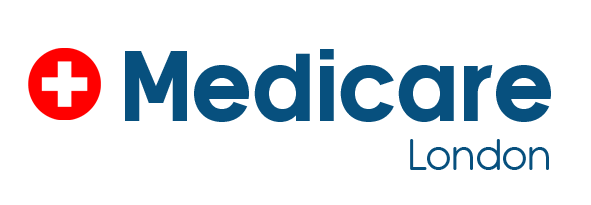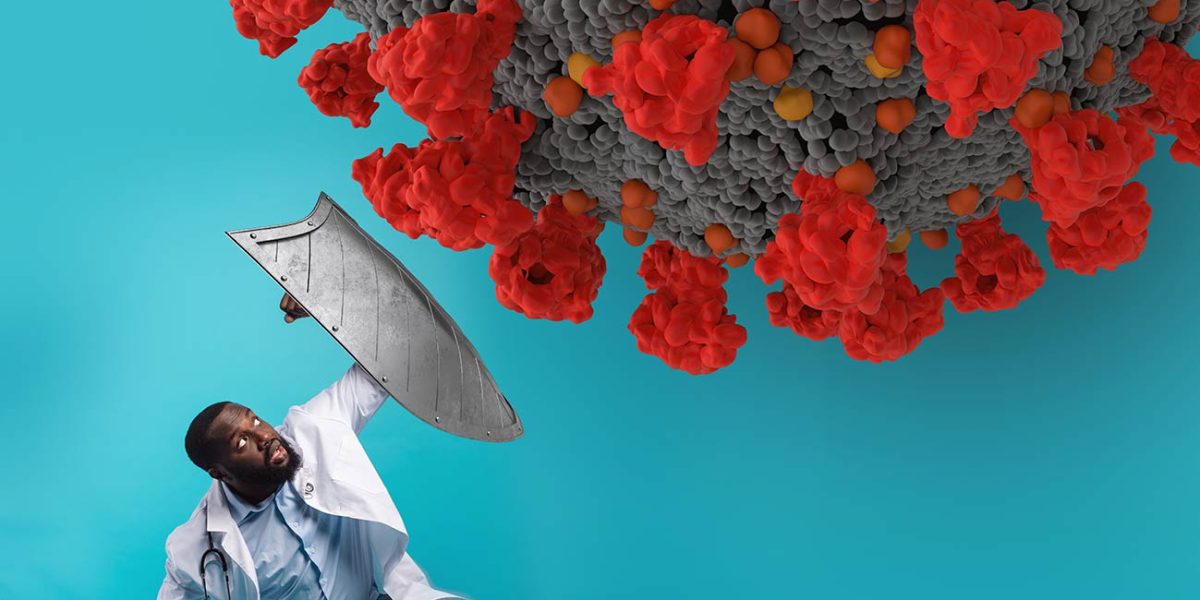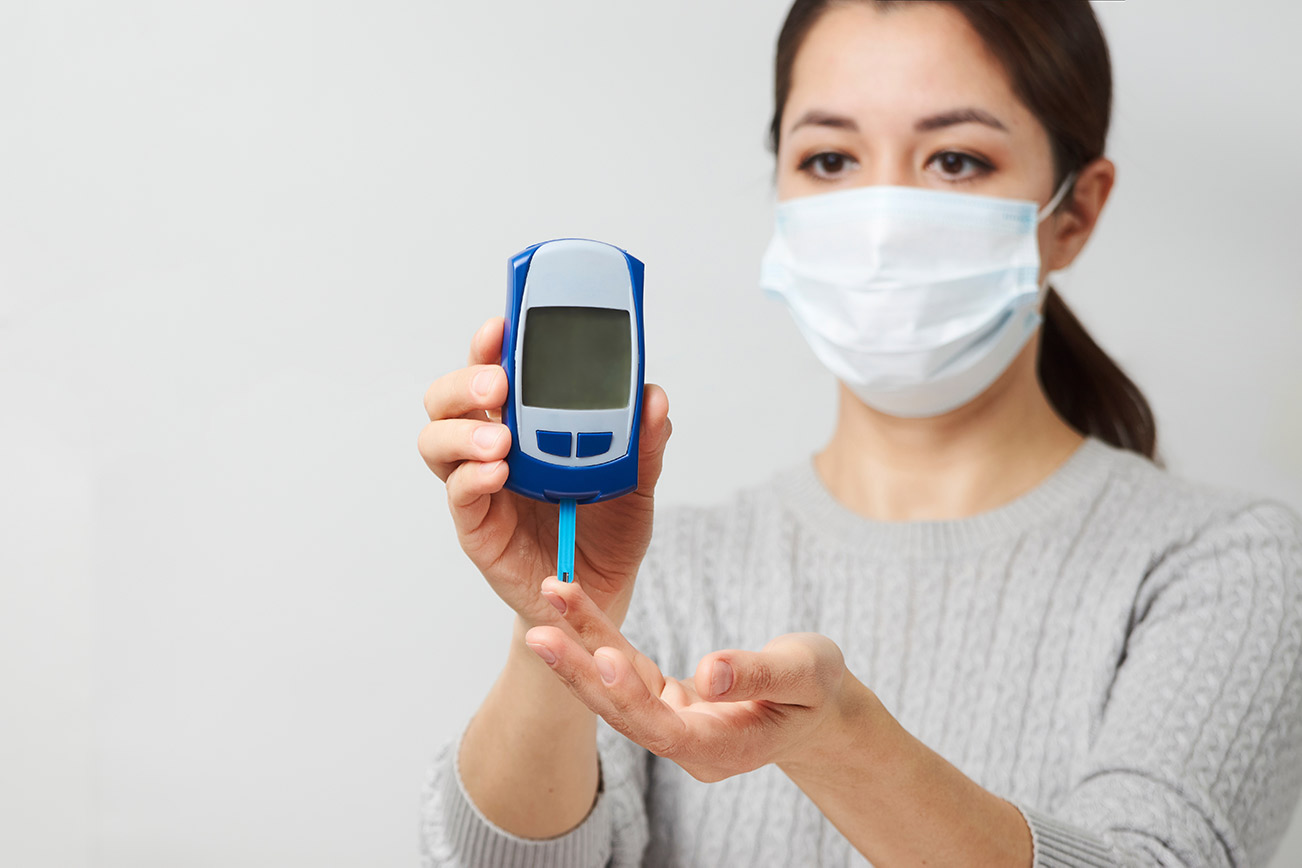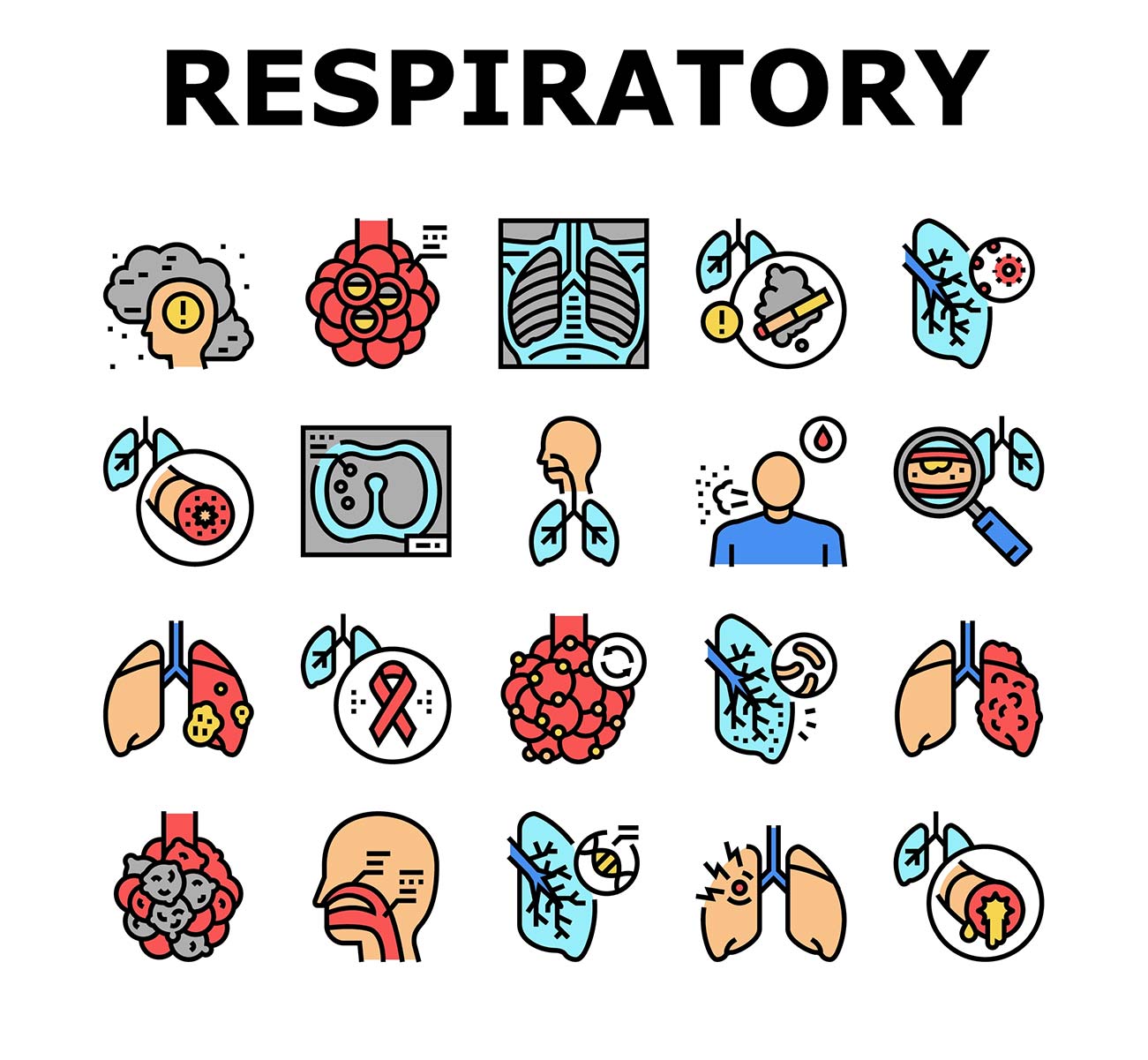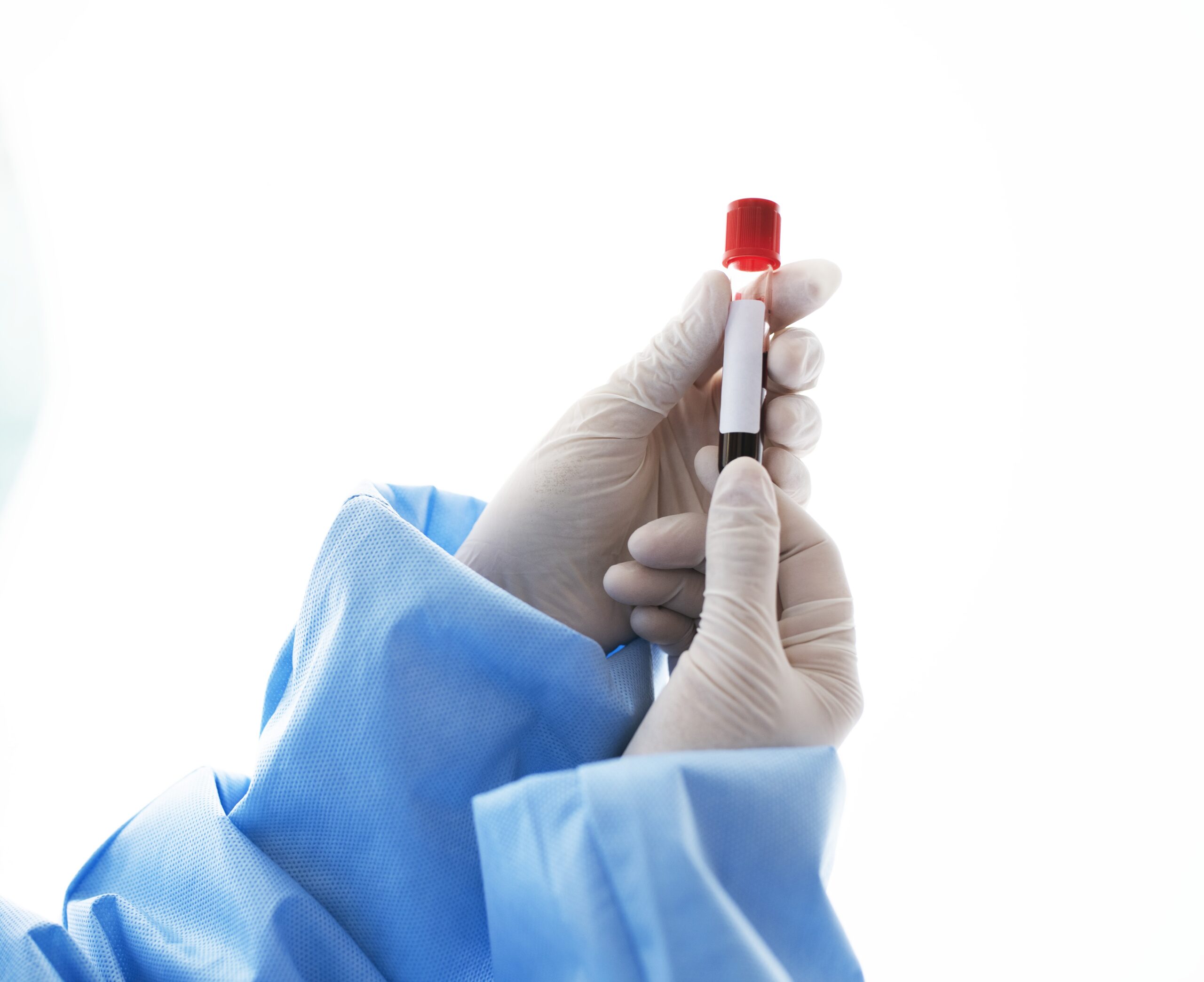Vaccines have proven to be the most beneficial tool in combating Covid-19 due to their ability to mitigate the chances of infection, hospitalisation, and possible death. However, since the outbreak of the COVID-19 deadly virus, the vaccines developed to combat it has become a contentious issue. Concerns about the vaccine’s potency, possible side effects (both instant and long-term), and its swift development and distribution have all contributed to the rise in COVID-19 vaccine refusal.

Social networks immensely add to the COVID-19 vaccine barrier, allowing for the escalating propagation of misconceptions, disinformation, and conspiracy theories, resulting in widespread distrust in the scientific and medical communities. The uncertainty about how various COVID-19 vaccines work and a lack of regular public health messaging have made many people hesitant to get vaccinated against COVID-19. Barriers to effective vaccine administration include the following:
Self-satisfaction
Complacency stems from the belief that vaccines are pointless due to a low chance of contracting Covid-19 or suffering chronic disease outcomes. The underestimation of the effects of covid-19 infection is due to a lack of awareness or misunderstanding about the virus and the absence of people in one’s social group who have become critically ill. The assumption that vaccination can be avoided by relying on one’s immune system or the diligent adoption of protective measures is also typical.
Convenience
Convenience refers to vaccine accessibility. This includes physical access (access to vaccination clinics), availability of doses (including different types of vaccines), and the ability to comprehend information or connect with online booking systems such as booking the PCR covid test near me. Accessibility barriers can be practical, like the difficulties of appointments or the cost of public/private transportation.
Social or psychological barriers equally play a role. Anxiety caused by uncommon surroundings and people, lack of or restricted access to health care due to residential discrimination, or a lack of awareness of how the medical system works can impede vaccine uptake.
This is the issue of trust in vaccine efficacy and safety and in the political and medical systems that distribute it.
The trust in vaccine safety/effectiveness.
The problem of distrust in Covid-19 vaccines springs from concerns about the side effects (including long-term effects), the vaccine’s ineffectiveness (due to the emergence of new variants), and the standards in vaccine production, given the exceptional speed at which vaccines were formulated and distributed.
Changing guidance has impacted the willingness to get vaccinated through the confusion it has generated among us. We had access to excess information(both credible and noncredible) on the clinical qualities and efficacy of numerous vaccines, immune reaction, duration of immunity and need for additional doses. This confusion has worsened by the circulation of false information on social media, which has become the choice platform for the anti-vax movement.
Trust in the medical and political system.
Additionally, unwillingness has been associated with a lack of faith in the vaccination delivery system of which the scientific community, big pharma, and government organisations are all a part. Conspiracy theories about data falsification or data concealment for financial gain or political objectives have commonly caused mistrust in the vaccine-producing companies and the organisations overseeing its development.
Worries about the employment of some minority ethnic groups as test subjects for the vaccines or intentional harm caused by them, and the connection between the Covid-19 vaccine and infertility and purported population control, are all common fears.
Emphasising how hesitation can lead to more outbreaks and deaths and changing public perspectives of the risks associated with Covid-19 are crucial to addressing the issue of misinformation and raising awareness of risk.
Furthermore, encouraging direct and mutual communication with various groups and communities to address particular demands will help boost trust in the safety and efficacy of vaccines. Educational campaigns and initiatives reiterating that the advantages of receiving the vaccines outweigh the risks of contracting the virus will also help.
Finally, using workplaces, community centres, places of worship, and pharmacies for vaccination can help overcome these barriers. Persons who may be financially affected if they must take time off work or pay for trips to vaccination sites can be accessible in this way.
